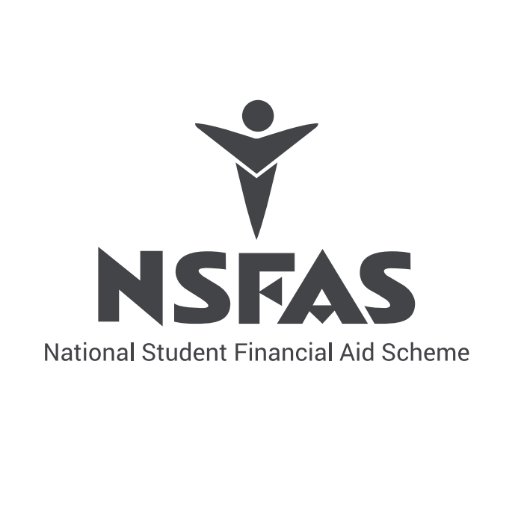
If you’ve applied for financial aid through NSFAS and didn’t receive funding or got an unfavorable decision, don’t worry! In this comprehensive guide, we’ll walk you through the entire NSFAS appeal process for 2023. We’ll cover everything from who can appeal to reasons for rejection and how to ensure a successful appeal. Let’s get started!
What is an Appeal?
An appeal is a formal request to review a decision made by NSFAS regarding the funding of a student’s application. If your initial application for financial aid was rejected, or your funding was withdrawn as a continuing student, you have the opportunity to appeal this decision.
Who Can Appeal?
You can appeal if:
- Your application for financial aid was rejected.
- The financial aid you received as a continuing student was withdrawn.
Remember, appeal decisions are subject to budget availability, and appeals will only be considered for students who applied to NSFAS for financial aid.
Who Cannot Appeal?
You cannot appeal if:
- You are registered for a qualification that NSFAS does not fund.
- You have reached N+2 (or N+3 for students with disabilities), meaning you have exceeded the maximum allowed years to complete your qualification.
- You are a gap year student previously denied financial aid by NSFAS due to not meeting academic eligibility criteria.
- Your institution has not submitted your registration record to NSFAS or has submitted an incorrect registration record.
If any of the above situations apply to you, unfortunately, you won’t be eligible to submit an appeal.
When to Submit an Appeal?
To submit an appeal, you must do so within 30 days of receiving your application results. Head over to your myNSFAS profile to start the appeal process.
Grounds for Appeal
- Exceed Income Threshold: If your household income has changed since the submission of your application, you can appeal. Also, if the key contributor to your household income is incapacitated or deceased, or if you’ve been declared independent by a court, or you are from a child-headed household, you may appeal.
- Failed to Meet Academic Eligibility: If you failed to complete your academic term successfully due to severe illness, death in the family, violent crime victimization, pregnancy, disability-related issues, or if you can prove incorrect academic results, you may appeal.
How Long Does the Appeal Process Take?
Typically, NSFAS aims to respond to appeals within 30 days. However, during peak periods like the beginning of an academic year, processing times might be longer due to the volume of appeals received.
How Will You Know if Your Appeal is Successful?
If your appeal is successful, NSFAS will notify you through a formal message. You will receive updated information regarding your financial aid application status, including the awarded funding amount and any additional requirements to fulfill.
Can Your NSFAS Appeal be Rejected?
Yes, there is a possibility of your appeal being rejected. NSFAS has specific eligibility criteria and guidelines for evaluating appeals. Your appeal may be rejected if it doesn’t meet the required criteria. If your appeal is rejected, NSFAS will provide reasons for the decision.
Reasons for NSFAS Appeal Rejection
Appeals can be rejected due to various reasons, such as:
- Exhaustion of available funds.
- Failure to meet eligibility criteria.
- Insufficient or incomplete documentation.
- Lack of compelling grounds for the appeal.
- Non-compliance with deadlines.
Each appeal is assessed on a case-by-case basis, so reasons for rejection may vary depending on individual circumstances.
Who Qualifies for NSFAS Appeal?
Students who have applied for financial aid through NSFAS and received an unfavorable decision or outcome are eligible to submit an appeal. Qualifying situations include significant changes in financial circumstances, improved academics, document submission issues, or exemption eligibility.
Remember, each appeal is considered individually, and the final decision lies with NSFAS. Make sure to thoroughly read the appeal guidelines and requirements and submit your appeal with all the necessary supporting documentation to strengthen your case.
Can You Appeal for NSFAS Twice?
Yes, it is possible to submit a second appeal to NSFAS if your first appeal was unsuccessful. However, your second appeal should include new or additional information that wasn’t included in the first appeal. Ensure that you address any concerns raised in the previous appeal and provide updated documentation, if applicable. Be mindful of the deadline and process specified by NSFAS for multiple appeals.
That’s it! You’re now equipped with a complete guide to NSFAS appeals for 2023. Remember to follow the steps mentioned, provide all required documentation, and present compelling grounds for your appeal. Good luck, and we hope your appeal is successful!
Was this helpful?
9 / 4
#Compliance #Education #National Student Financial Aid Scheme (NSFAS)